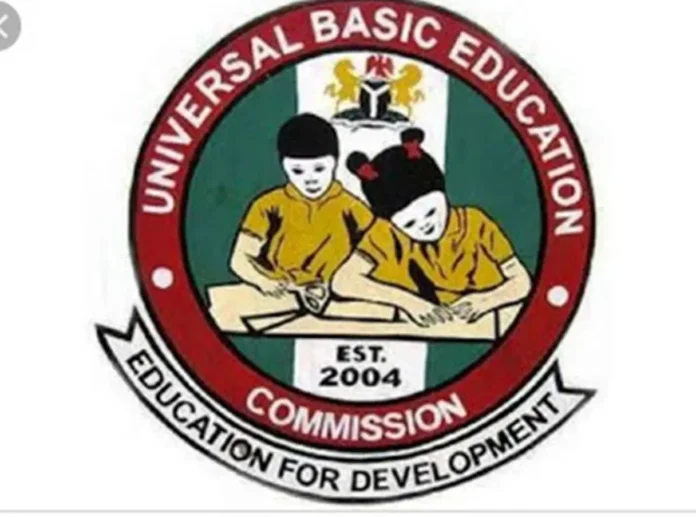The Federal Government of Nigeria has committed to revamping the educational curriculum and training programs to ensure they meet the skill demands of the industry, with the goal of enabling young Nigerians to actively contribute to the nation’s economic advancement.
During a pre-validation meeting regarding the National Policy on Skills Development in Nigeria, held in Abuja on Tuesday, Minister of Education, Professor Tahir Mamman, voiced his apprehension over the existing skills gap within the country.
He emphasized that developing a comprehensive national policy on skills development is essential for equipping the youth with the tools they need to excel in the 21st-century job landscape.

Mamman highlighted that in an ever-changing global environment, the ability to adapt, innovate, and provide meaningful contributions to the workforce is critical. He stressed the importance of collaborative efforts in formulating this vital policy.
Through the National Policy on Skills Development, the government plans to introduce a revamped educational framework aimed at closing the divide between what is taught in schools and the actual needs of the labor market.
“By synchronizing our educational curriculum and training initiatives with the skills that industries demand, we can empower our youth to play a pivotal role in the economic progress and development of our cherished nation,” he stated.
As participants convened for this pre-validation session, Mamman urged everyone to engage in discussions with a renewed sense of purpose and a strong commitment to creating a future where young individuals can fully realize their potential.
He emphasized that the expertise and insights from stakeholders will be crucial in refining and enhancing this policy, ensuring it becomes a solid foundation for skills development throughout Nigeria.
In a related note, Permanent Secretary Dr. Nasir Sani-Gwarzo, represented by the Director of Information and Communication Technology (ICT) in the Ministry, Mr. Abubakar Isa, remarked that this policy holds the promise to transform the lives of countless Nigerian youth, whether they are in formal education, vocational training, or informal learning environments.
“The draft policy we are reviewing today reflects the dedicated efforts of the Federal Ministry of Education, in collaboration with UNICEF and UNESCO, to create a comprehensive framework that caters to the varied needs of our learners, encompassing foundational skills, transferable skills, digital capabilities, and job-specific training,” he affirmed.




